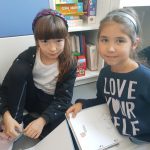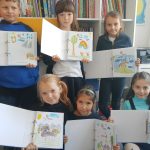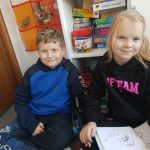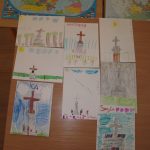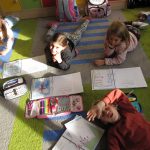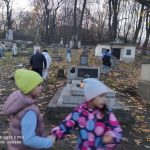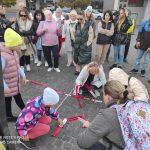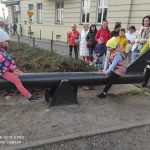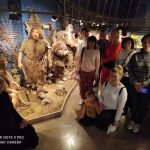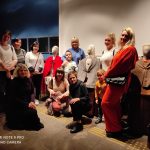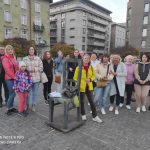It is important to implement this pilot because…
Pilot: Together we learn our worlds
it will structure the inter-sectoral framework for intercultural dialogue based on the transformation of regional heritage and socio-cultural base.
The pilot is also important as the proposed framework assumes building the identity of children, both local and migrant around the history and heritage of the region they are living in an attempt to find anchors for such identity in regional socio-cultural base.
First testing of the pilot in
![]()
Poland
Second testing of the pilot in
![]()
Spain
The aim of this pilot action is…
to set the professional standards for multicultural assistants for children as multi-disciplinary intercultural mediators working in the whole child environment. We believe that such persons, once entrusted by children could be one of the major institutional forms of supporting children integration. Their role is to mediate between school, its teachers, children, their families and peers in order to build dialogue and mutual understanding as well as competencies and cultural sensitivity.
Children being empowered by assistants will be encouraged to express their experiences artistically and record those experiences in the sketchbook – half diary, half educational tool. The model of assistance, described and analysed together with LLL records entered by assistants will be the base for policy recommendation.
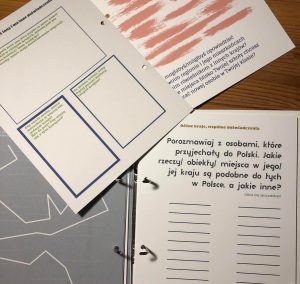

This pilot will contribute to address some or all of the following objectives:
- Expand knowledge about regional education and its non-formal forms,
- Empower intercultural assistants as autonomous social workers – not only aid to teachers,
- Empower children in anchoring in new environment and for local children provide additional soft competences.
Multimedia gallery
Photo gallery of the several activities carried out within this pilot action
